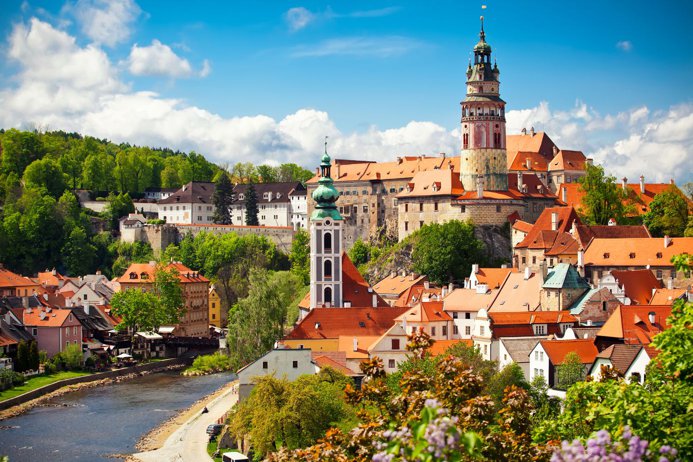Czech real estate: a dynamic market before and after COVID-19

The 2010s were a prosperous decade for real estate in the Czech Republic, which has seen the number of sales and rent contracts grow exponentially thanks to several factors such as the recovery from the 2008 financial crisis, the development of tourism in the country, and the appearance of short-term rental platforms such as Airbnb.
Even the COVID-19 crisis did not land a critical hit on that market; this sector even proved to be one of the most resilient in Europe, both for commercial and residential property - the volumes invested in the Czech real estate market in the first quarter of 2020 represent 71% of what was invested during the same period in 2019. And that is especially surprising as last year was a good one for this sector with no less than $3.1 billion invested in real estate in 2019, which is significant growth compared to the $2.62 billion invested in 2018.
Offices were the main recipients of these investments, due to the combination of local economic vitality and lower real estate prices than in Western Europe. Houses and warehouses, however, have registered faster growth than the leader of the property market. The average price per square meter for rentals and purchases has increased by 25% since 2015, a trend compensated for by shrinking mortgage rates (down to an average of 2%) and growth of both the average income and yields from owned properties.
Another reason for the market’s good health is the constantly expanding influx of tourists, expats and foreign investors into the Czech Republic. Over 8 million people flew to Prague in 2019, greatly stimulating the country’s economy and the short-term rental sector. The latter, though, does not represent as big of a share of the overall real estate market compared to other Central European countries: 40% of all investments in that field are made by Czech citizens and businesses.
Still, that influx of investments from abroad has been noticed by the Czech government, who devised a support package for the real estate sector, allowing buyers to delay the payment of the acquisition tax. Other measures have been implemented to protect tenants too, in the form of a ban on expulsions related to unpaid rents from March 31st, 2020 to the 31st of July. These measures, which protect tenants and facilitate investments, show the importance of the real estate market for the country’s economy.
Prague: The heart of the country’s property market
In many ways, the Prague property market is the face of Czech real estate, as it follows the same trends, profits from the same strengths and suffers from the same weaknesses. Being the capital of the country, Prague attracts the majority of investments from both Czech and external actors, and of the tourism industry.
This last point has been the reason for a feud between the mayor of Prague and the company Airbnb. Local residents have been complaining about the mass purchases of apartments in order to provide tourists with short-term housing. These acquisitions were a logical answer to the unmet demand for traveler-friendly accommodation that was crippling the city’s tourism industry, but caused a surge in prices that sparked a wave of discontent from people living and working in Prague. The lull in Airbnb rentals caused by COVID-19 lockdowns has been exploited by municipal authorities to implement laws that tax short-term rentals.
Still, the Prague housing market remains attractive because the city’s growing economy (it represents over a quarter of the country’s GDP) keeps attracting new Czech and expat tenants and buyers. The latter could even enjoy facilitated mortgage contracts that do not always need a Czech ID or address anymore, as banks and public administrations work together to bring in highly qualified expat investors. Moreover, the consequences of COVID-19 social distancing measures have increased interest from expats for Prague’s suburbs. This is equally beneficial for them as it is for the property sector, which sees previously quiet neighbourhoods revitalised by a new influx of tenants and buyers.
That vitality is not limited to the housing sector. Rather, it benefits the Prague real estate market as a whole. Commercial real estate is bound to keep growing in the years to come as well, as corporate investors from both the Czech Republic and abroad – South Korea accounted for 24% of foreign investments in the commercial property sector in 2019 – have been buying office buildings in the city. That enthusiasm finds its roots in the developing service sector of the Czech economy, which now employs 75% of active adults in Prague, a percentage that keeps growing.
Finally, the commercial real estate sector in Prague will profit from the growth of tourism as well, since new tourist districts such as the Prague Market in district 7 are being pushed forward by municipal policies, creating demand for new hotels and shops to cater to new visitors.
We will send you a content digest not more than once a week